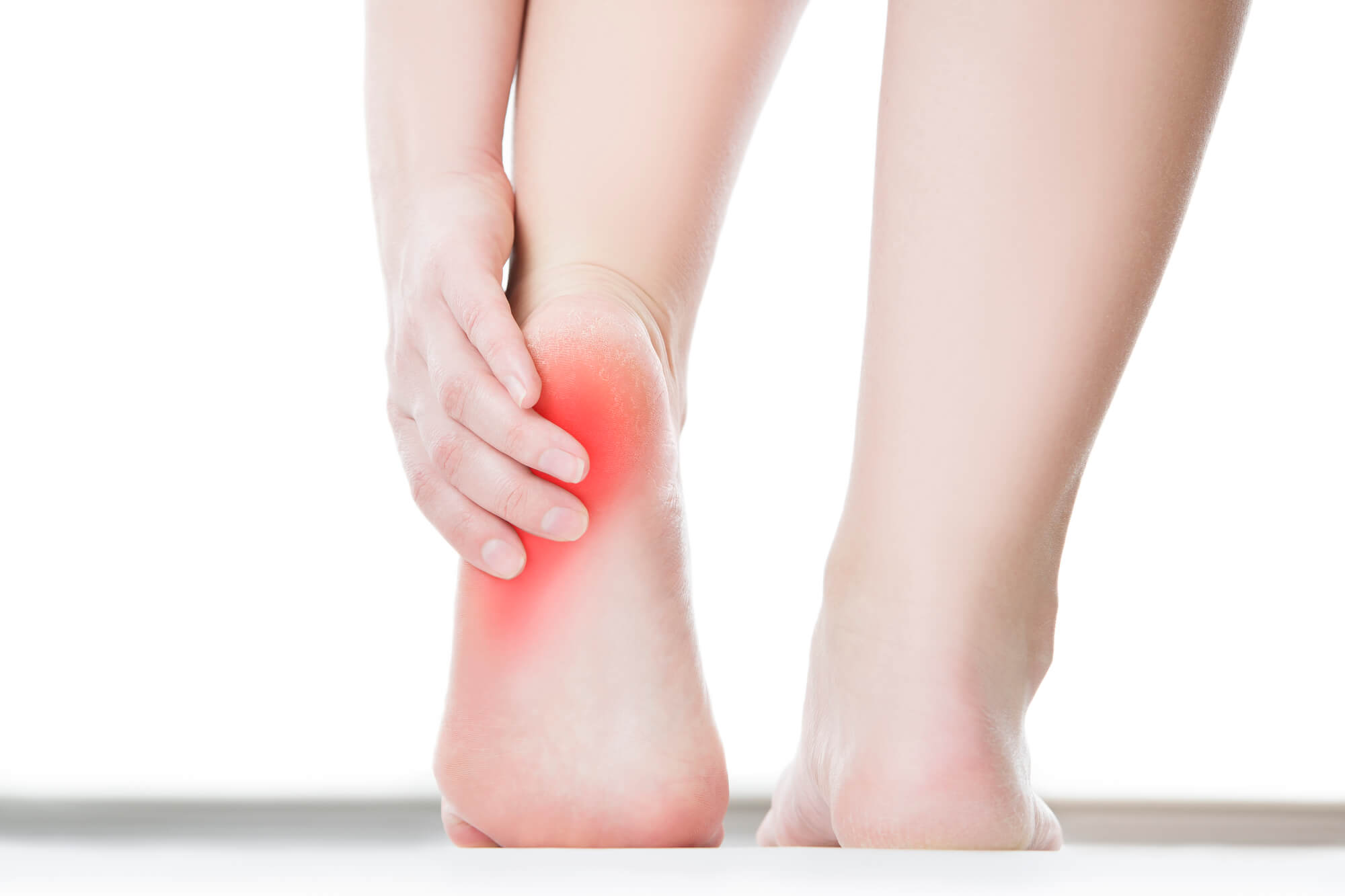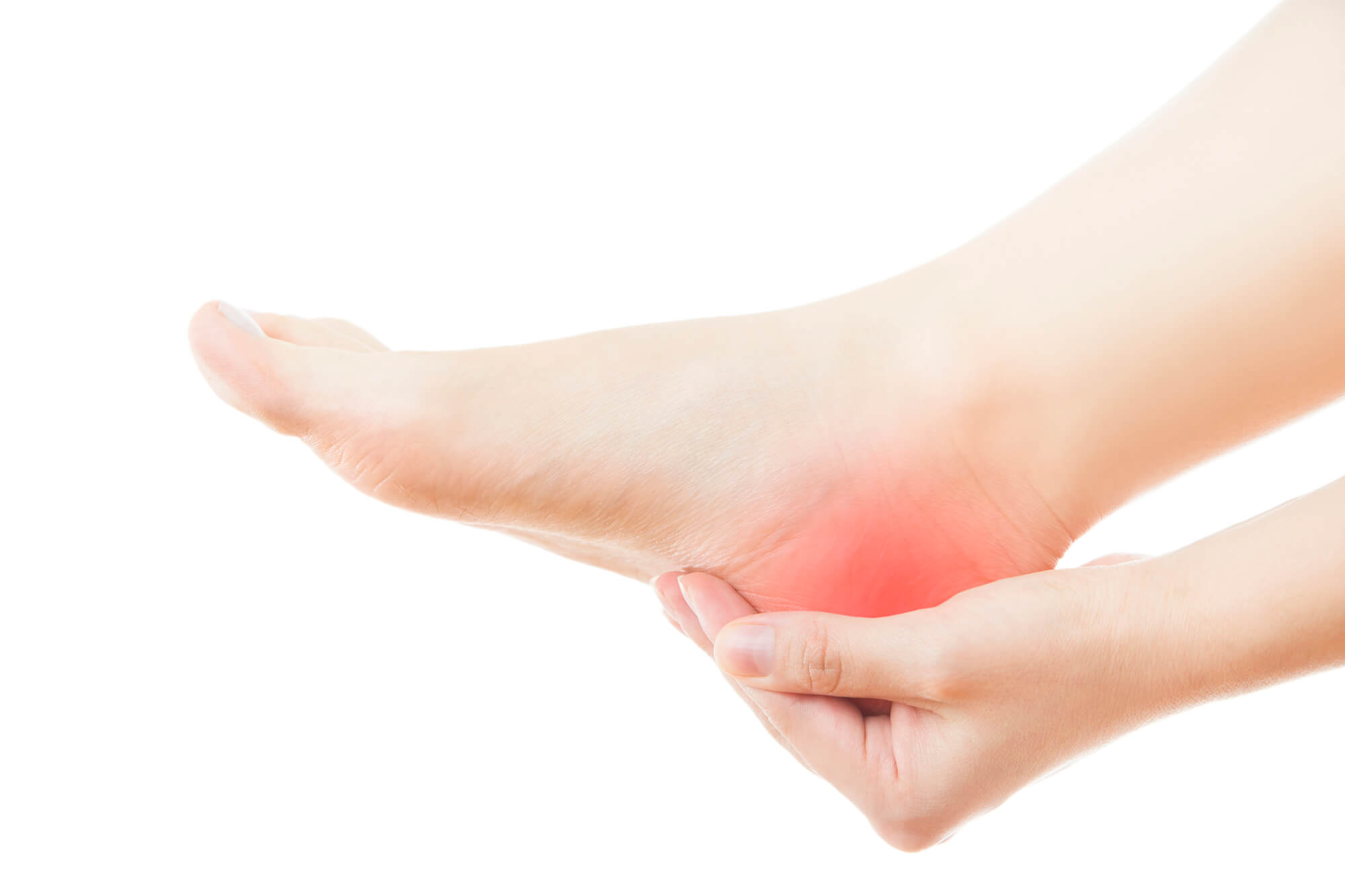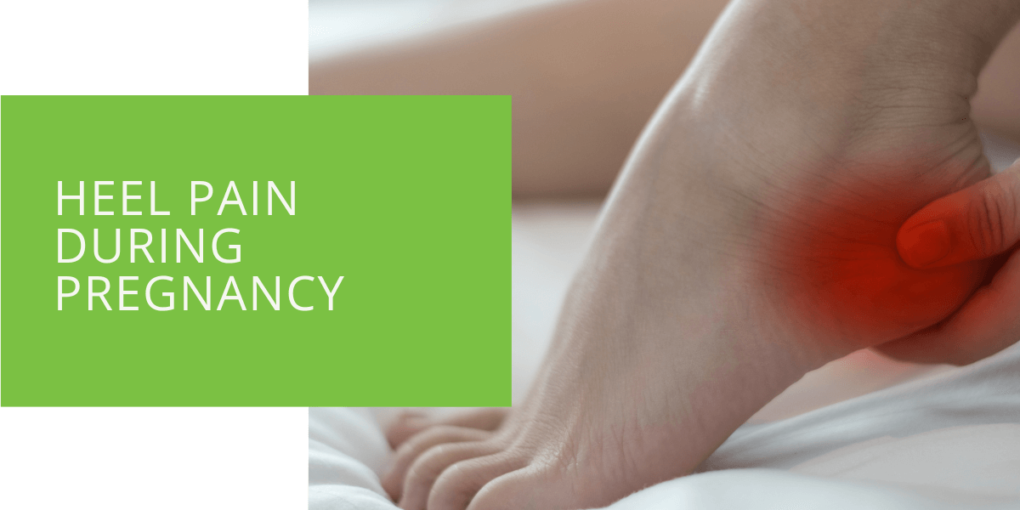Heel Pain During Pregnancy: Causes & Treatment
Pregnancy is an exciting time for expectant mothers but it can also bring various physical changes and discomforts. One common concern among pregnant women is heel pain. While heel pain is a common pregnancy symptom, it is important to address and treat it to prevent it from worsening or causing other issues. This article will discuss the causes of heel pain during pregnancy, the symptoms to look out for, and the treatment options available.
Causes of Heel Pain During Pregnancy
Several factors can contribute to heel pain during pregnancy. One of the main causes is the hormonal changes that occur during pregnancy. These hormonal changes can lead to several physical changes, including the relaxation of the ligaments in the foot and ankle. This can cause the arch of the foot to flatten and lead to pain in the heel and other foot areas.
Another cause of heel pain during pregnancy is the added weight and pressure on the feet. As the pregnancy progresses, the expectant mother will gain extra weight, which puts additional pressure on the feet and ankles. This added pressure can cause heel pain and other foot problems.
In addition to these factors, poor footwear and underlying foot conditions can contribute to heel pain during pregnancy. Wearing shoes that do not provide sufficient support or fit properly can put extra strain on the feet and cause heel pain. Similarly, a woman with flat feet or plantar fasciitis may be more prone to heel pain during pregnancy.

Symptoms of Heel Pain During Pregnancy
The symptoms of heel pain during pregnancy can vary, but common symptoms include pain and tenderness in the heel, difficulty walking or standing for long periods, and swelling in the foot and ankle. Heel pain during pregnancy can also cause difficulty sleeping or discomfort when lying in bed.
You must speak with your healthcare provider if you are experiencing any of these symptoms. They can diagnose the cause of your heel pain and recommend the appropriate treatment options.
Treatment Options for Heel Pain During Pregnancy
There are several treatment options available for heel pain during pregnancy. One of the most important is proper footwear. Wearing comfortable, supportive shoes or inserts can help alleviate heel pain and prevent it from worsening. It is also important to take breaks, rest when needed, and elevate the feet whenever possible.
Over-the-counter pain medications, such as acetaminophen, can also manage heel pain during pregnancy. However, speaking with your healthcare provider before taking any medications is important, as some may not be safe to use during pregnancy.
A healthcare provider may also recommend physical therapy or exercises to strengthen the feet and alleviate heel pain. A podiatrist may recommend custom orthotics or injectable medications to manage heel pain in severe cases.

Conclusion
Heel pain during pregnancy is a common concern for many women, but it is important to address and treat it to prevent it from worsening or causing other issues. Proper footwear, rest, and elevation can all help alleviate heel pain during pregnancy. A healthcare provider or podiatrist may recommend physical therapy, custom orthotics, or injectable medications in more severe cases.
It is important for pregnant women experiencing heel pain to speak with their healthcare provider for proper diagnosis and treatment options. Remember to take care of your feet during pregnancy and choose comfortable, supportive footwear to prevent heel pain and other foot issues.
FAQ
Why do my heels hurt during pregnancy?
Several factors can contribute to heel pain during pregnancy. Hormonal changes during pregnancy can cause the ligaments in the foot and ankle to relax, leading to a flattening of the foot's arch and pain in the heel and other areas of the foot. The added weight and pressure on the feet during pregnancy can also cause heel pain. In addition, poor footwear and underlying foot conditions, such as flat feet or plantar fasciitis, can contribute to heel pain during pregnancy.
How do I stop the pain in my heel during pregnancy?
There are several treatment options available for heel pain during pregnancy. Wearing comfortable, supportive shoes or inserts can help alleviate heel pain and prevent it from worsening. Resting and elevating the feet when possible can also help reduce heel pain. Over-the-counter pain medications, such as acetaminophen, can be used to manage heel pain, but it is important to speak with your healthcare provider before taking any medications. A healthcare provider may also recommend physical therapy or exercises to strengthen the feet. A podiatrist may recommend custom orthotics or injectable medications to manage heel pain in severe cases.
Does pregnancy plantar fasciitis go away?
Plantar fasciitis is a common cause of heel pain and can occur during pregnancy. However, with proper treatment and management, plantar fasciitis can disappear, and the pain can be relieved. Wearing supportive footwear, resting and elevating the feet, and stretching and strengthening exercises can all help alleviate plantar fasciitis pain during pregnancy. A podiatrist may recommend custom orthotics or injectable medications to manage plantar fasciitis pain in severe cases.
Does heel pain go away after pregnancy?
In most cases, heel pain will go away after pregnancy as the hormonal changes and added weight and pressure on the feet resolve. However, it is important to continue to wear supportive footwear and to practice good foot care to prevent heel pain from returning. If heel pain persists after pregnancy, it is important to speak with a healthcare provider or podiatrist for proper diagnosis and treatment.

